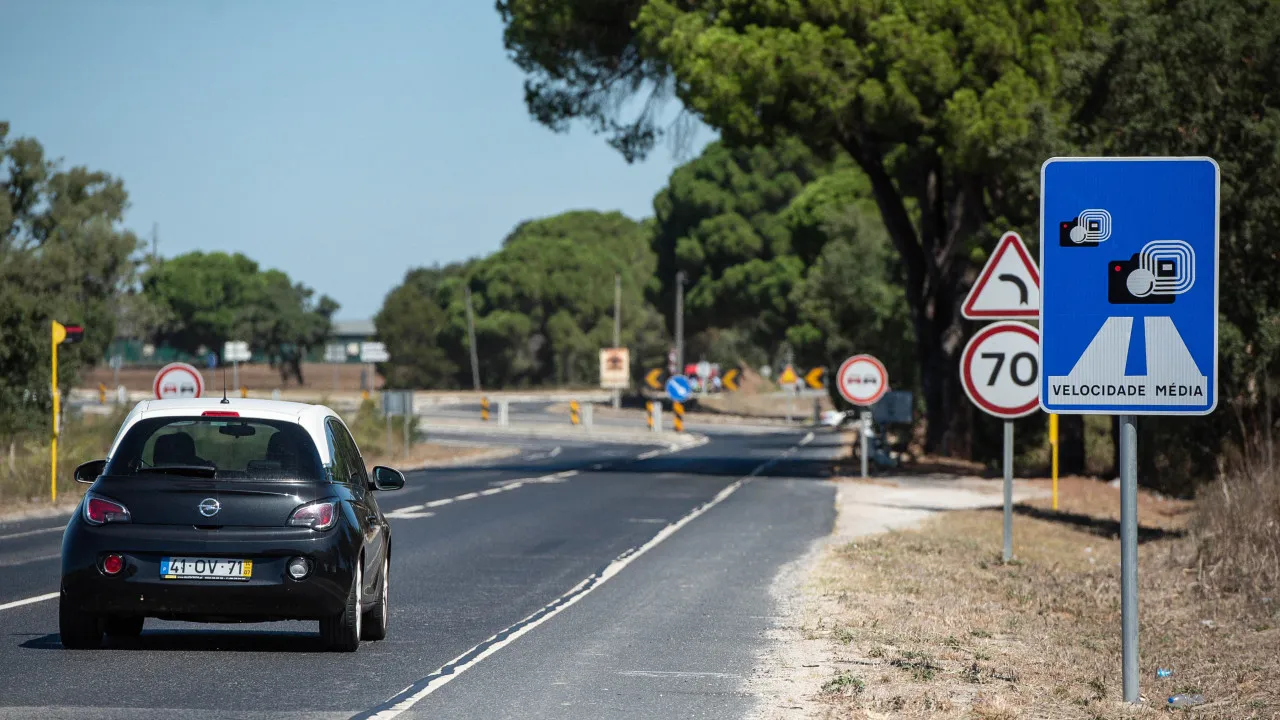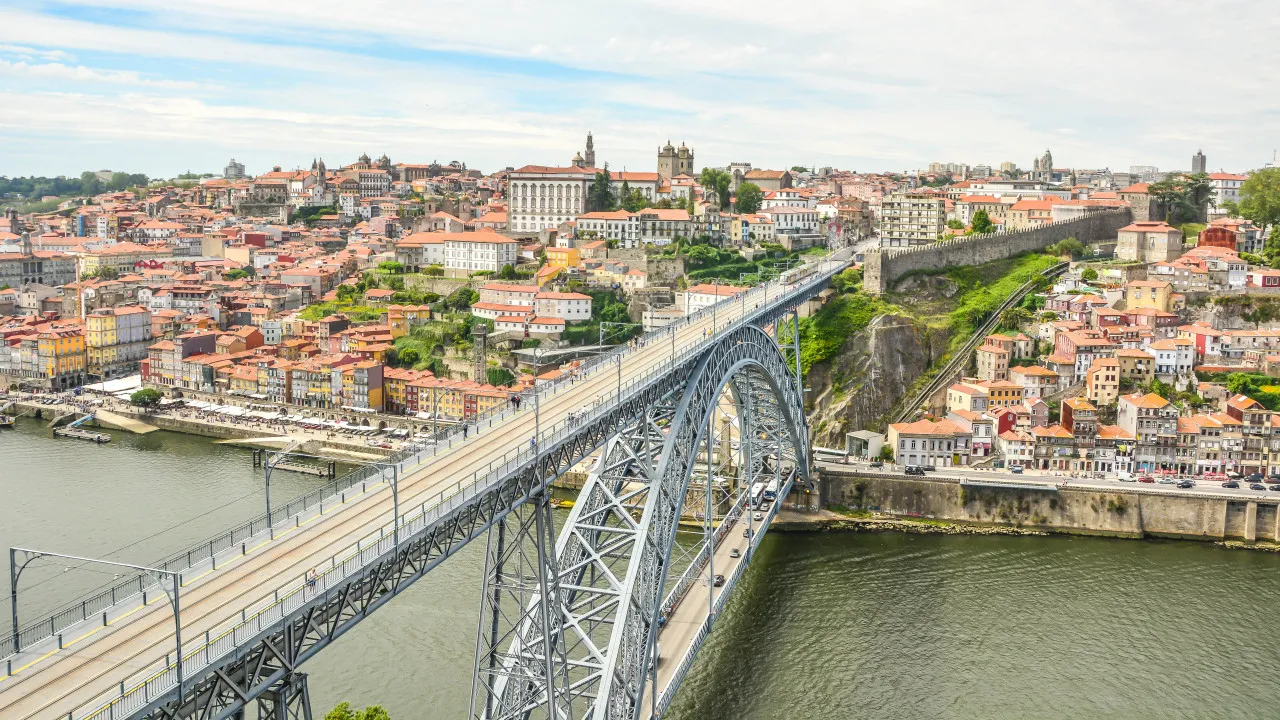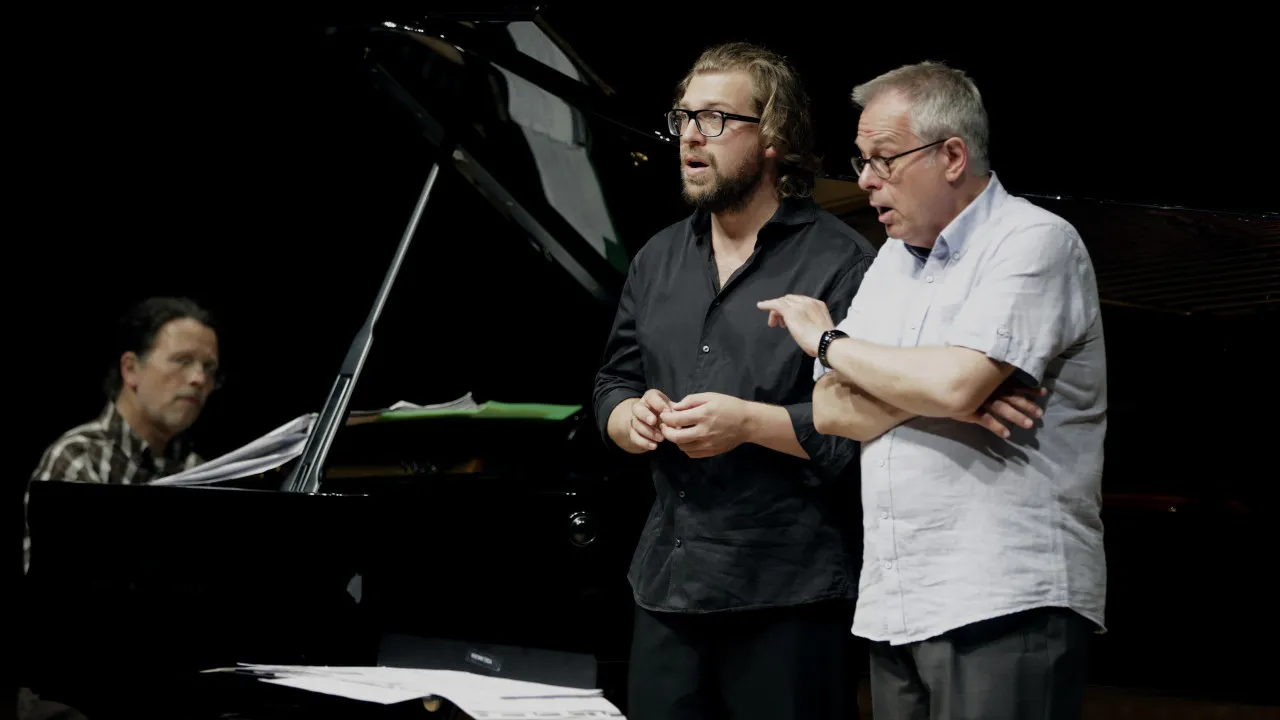The commission for the celebrations of the 50th anniversary of April 25 has already funded projects related to the arts, cinema and research with two million euros and pointed to the exhibition on Amílcar Cabral as an example of how the public has been energized.
“We are currently transforming it into a traveling exhibition that will not only allow it to be shown all over the country, in schools, municipalities and parish councils, but also to be shown abroad,” Maria Inácia Rezola, Executive Commissioner of the 50 Years of April 25 Commemorative Commission, told Lusa.
The exhibition was also in Guinea Bissau in November and will be permanently installed in Cape Verde this year.
“There will also be a traveling exhibition in Cape Verde, a lighter form of the exhibition that will tour all the islands and all the schools. There is a great deal of involvement with the Cape Verde Cultural Heritage Institute to make this dynamic possible,” he said.
The exhibition entitled Amílcar Cabral – a leading figure of the 20th century and founder of the African Party for the Independence of Guinea and Cape Verde (PAIGC) – was inaugurated in March 2023 at the Baldaya Palace in Lisbon.
“It promoted a mobilization that far exceeded our expectations, every day there were people visiting the exhibition, there were excursions, study visits, and from that exhibition, we promoted a series of guided tours, thematic talks, initiatives on different themes linked to the colonial question, to colonization,” he said.
This is also where the April 25, 2023 initiatives of the commission were centered
For this year, the commissioner only revealed that the 50th anniversary initiatives will be announced on February 7th.
“There are lines of force that will continue, such as our concern to produce content that is available to everyone on the Internet and publications and other resources that are provided free of charge to everyone,” said the teacher and historian.
The commission, which from 2022 to 2026 will be responsible for commemorating the 50th anniversary of the 1974 Portuguese revolution, has already organized more than 90 initiatives such as conferences, colloquia, exhibitions, digital dossiers, editions, educational initiatives, shows and documentary sessions.
According to the activity report available to Lusa, the Art for Democracy support program, with an allocation of one million euros and launched in 2022 after an agreement with the Directorate-General for the Arts, has supported 45 projects.
The Cinema for Democracy program was also launched, in partnership with the Cinema and Audiovisual Institute, with an allocation of 790,000 euros, the results of which will be released shortly.
As part of the agreement with the Foundation for Science and Technology, the Science for Democracy competition was launched, with a budget of 500,000 euros, for research projects on April 25 and democracy. The results will be announced in April.
A special literary creation grant program has also been created for essays on the theme of April 25, in partnership with the Directorate-General for Books, Archives and Libraries. This competition should open during the first half of this year and has a budget of 60,000 euros.
Referring to the Art for Democracy program, he specified that the 45 projects approved are from different regions of the country and some of them have an inherent character, such as theater or dance.
“But not only that, we also have, for example, cell phone apps, multidisciplinary projects, exhibitions and publications. It’s very interesting to see that these projects have already begun to take off.
“Sara Barros Leitão’s [theater] play, which is so popular, is one of the projects that has been awarded funding from the Directorate-General for the Arts,” he said.








